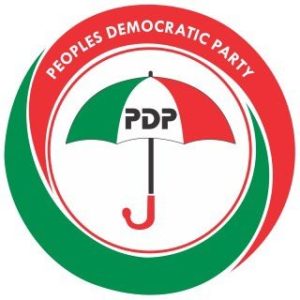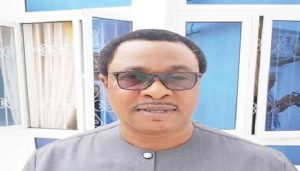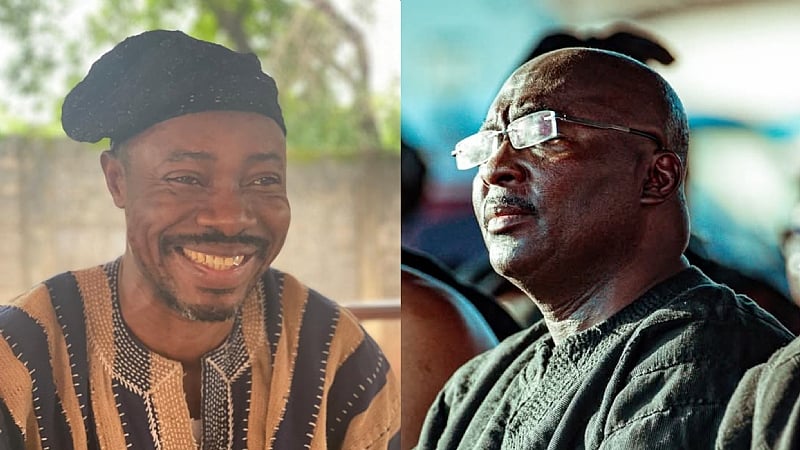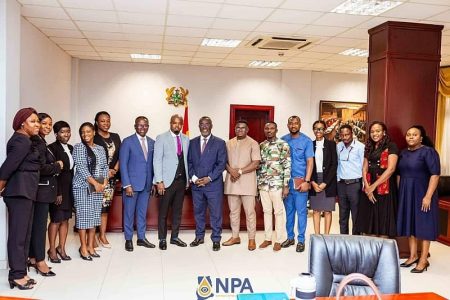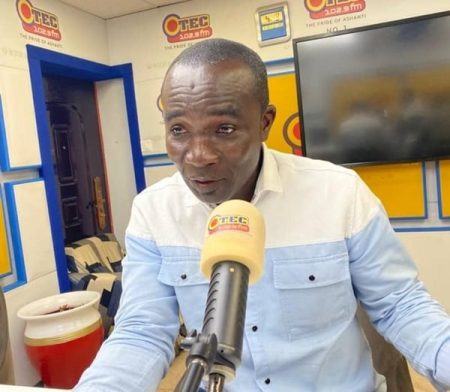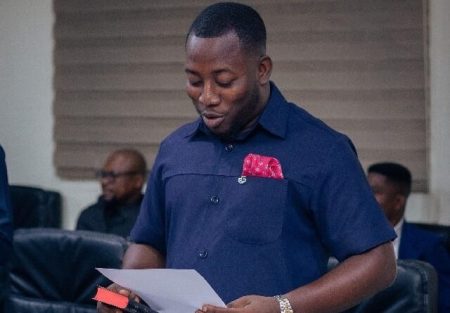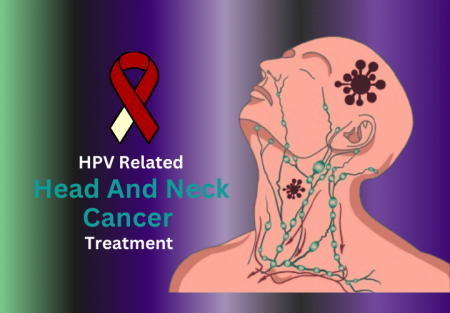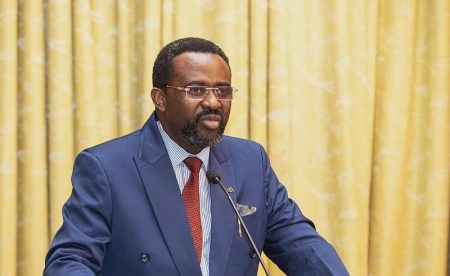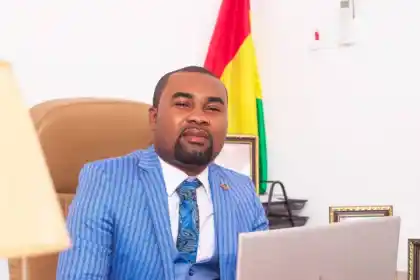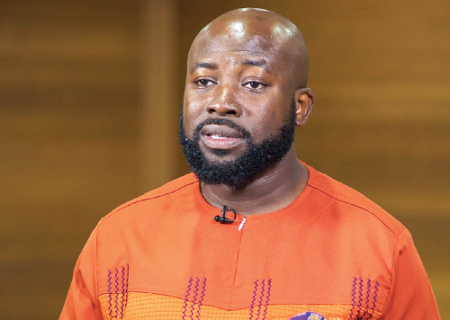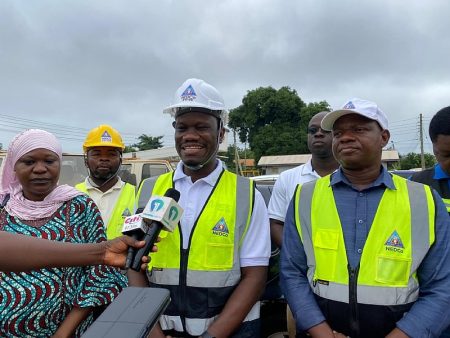Alhaji Baba Gushegu, the Northern Regional Coordinator for Kennedy Agyapong’s campaign, has issued a public call for Dr. Mahamudu Bawumia, the former Vice President, to withdraw from the New Patriotic Party’s (NPP) upcoming flagbearership contest slated for January 31, 2026. Gushegu contends that Bawumia’s withdrawal is crucial for fostering peace and unity within the party as it gears up to select its presidential candidate for the 2028 general elections. This appeal comes amidst a highly competitive internal race, with several prominent NPP figures vying to succeed President John Dramani Mahama. Gushegu frames his argument around the NPP’s defeat in the 2024 elections, attributing the loss directly to Bawumia’s candidacy. He emphasizes the need for the party to engage in critical self-reflection and implement corrective measures to regain public trust and electoral success.
Gushegu’s core argument centers on the perceived disconnect between Bawumia’s touted popularity and his ultimate failure to secure victory in the 2024 elections. He highlights the unprecedented drop in the NPP’s presidential vote share from 51.59% in 2020 to 38% in 2024 as evidence of Bawumia’s electoral weakness. Despite possessing significant advantages, including the full backing of the government, a sitting president, and incumbency resources, Bawumia lost to the opposition, suggesting a fundamental flaw in his campaign strategy and his connection with the party’s grassroots. Gushegu contrasts Bawumia’s extensive eight-year pre-primary campaign with Kennedy Agyapong’s comparatively short four-month campaign, which still posed a significant challenge during the primaries. This, he argues, exposes Bawumia’s reliance on establishment support rather than genuine grassroots appeal.
Furthermore, Gushegu points to Bawumia’s inability to secure a dominant victory even in his own Northern region, where he was expected to perform exceptionally well. The fact that he split seats with former President John Mahama in the North is presented as a strategic failure, undermining the narrative of his regional appeal. Even Bawumia’s supposed strength in attracting support from Muslim and Zongo communities failed to translate into electoral success, with him losing polling stations around key mosques in the 2024 elections. Gushegu concludes that relying solely on identity politics without offering tangible solutions and inspiring hope is an ineffective electoral strategy.
Gushegu also criticizes Bawumia’s perceived lack of political acumen and assertiveness. He cites the opposition’s post-election taunt at Ablekuma, urging the NPP to field a candidate who can “defend the will of the people strategically and fiercely,” as a clear indication of Bawumia’s perceived weakness. Gushegu suggests the NPP needs a bolder and more combative leader, not a “gentle technocrat disconnected from the base,” to navigate the complexities of contemporary political battles. The 2024 election results, according to Gushegu, represent an outright rejection of Bawumia by the Ghanaian electorate.
In closing, Gushegu frames Bawumia’s resignation not as a punitive measure but as a necessary act of sacrifice for the greater good of the party. He stresses the importance of leadership accountability and responsibility in the healing and rebuilding process following the NPP’s electoral defeat. He believes Bawumia’s continued presence in the leadership race will hinder the party’s ability to unify and regain momentum. Gushegu emphasizes the growing unrest within the party’s base and urges the NPP leadership to heed the message sent by the electorate in the 2024 elections, advocating for a change in leadership to revitalize the party and restore its credibility.
Gushegu’s statement represents a powerful critique of Bawumia’s leadership and his viability as the NPP’s future presidential candidate. He calls for a decisive break from the past and a renewed focus on grassroots engagement, strategic political maneuvering, and a stronger connection with the electorate. He underscores the urgency of the situation, asserting that the party’s future hinges on its ability to acknowledge its shortcomings, hold its leaders accountable, and embrace a new direction. By urging Bawumia to withdraw from the flagbearership race, Gushegu seeks to initiate a process of internal reform and pave the way for a more unified and electorally successful NPP.


